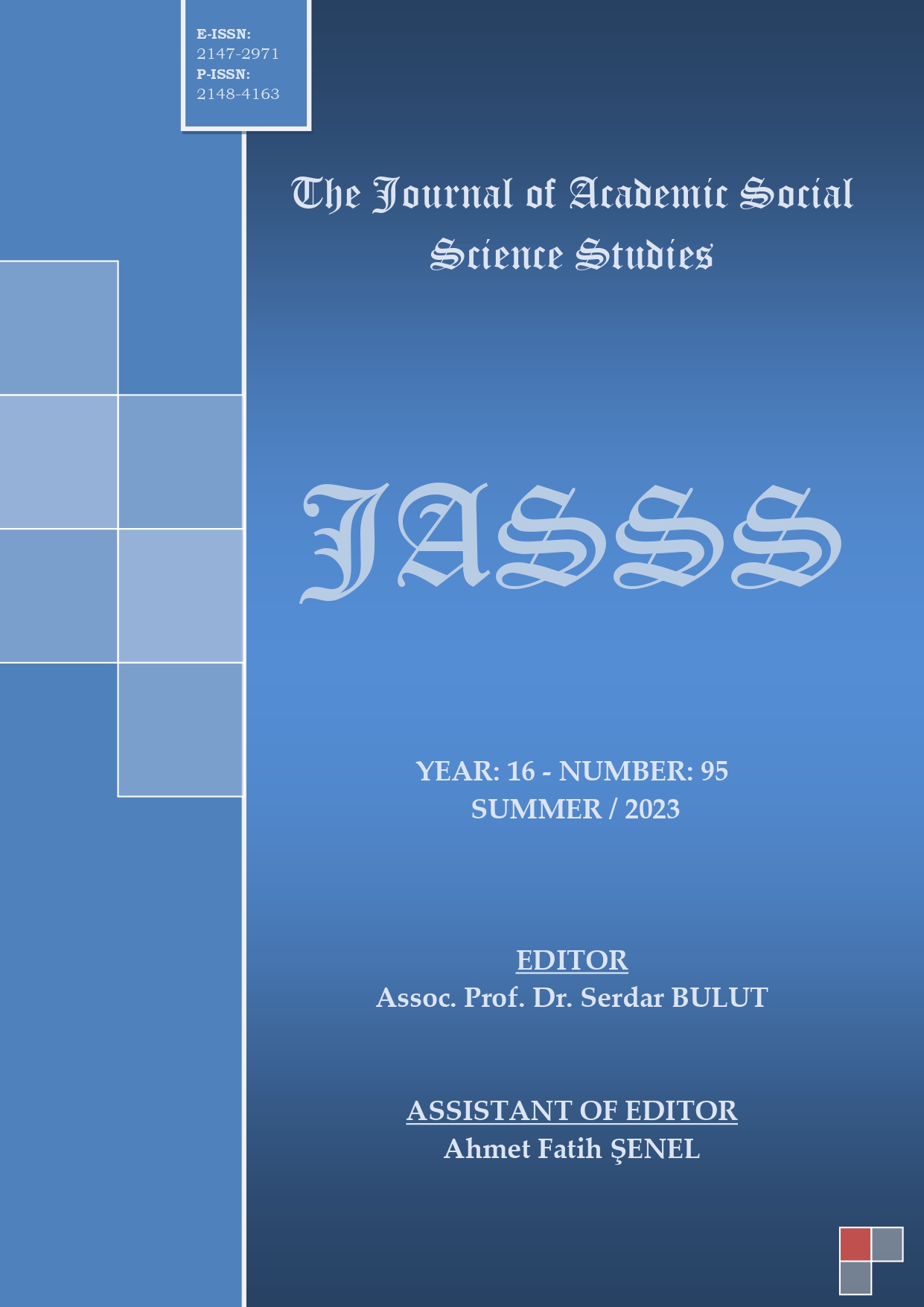Author :
Abstract
Çeviri teorileri içinde edebiyat çevirisinin yeri edebî metinlerin barındırdığı çok-işlevlilikten ötürü daha kısıtlıdır, çünkü nicelenme olanakları dardır. Bununla birlikte edebiyat çevirisinin ne olduğuna ve nasıl yapılması gerektiğine dair pek çok metin yazılmıştır. Gelgelelim somutlaştırılabilir, belirgin ve uygulanabilir ölçütlere ulaşmak güç olmuştur. Çeviride eşdeğerlik talebini edebiyat çevirileri düzleminde yeniden işlevlendiren bu makale, içinde bilim uzmanlık alanı barındıran edebî ürünlere odaklanmaktadır. Sözgelimi edebiyat eserleri bir bilim alanına ait terimler kullanabilmektedir. Bunların tespit edilmesi zorluk çıkarmasa da çevirmene ne gibi talepler getirecek, çeviri metinden hangi beklentileri uyandıracaktır soruları bu bağlamda önem kazanmaktadır. Bu makale bu önemden yola çıkarak çevirmenden, çevirdiği eserdeki uzmanlık alanını tespit edip eşdeğerlik talebi doğrultusunda ilgili kavram ve terimleri karşılayabilecek donanımı şart koşar. Öte yandan böyle bir donanım beklentisinin, çevirmeni ağır bir yükün altına sokabileceği yolunda kaygılar ortaya çıkabilecektir. Bu kaygılardaki haklılık payını gözden kaçırmak istemeyen bu çalışma, inceleme nesnesi olarak son derece somut bir örnek üzerinden hareket etmektedir. Edebiyat çevirisinde uzmanlık alanına vukuf gerekliliği Thomas Mann’ın Büyülü Dağ romanının Türkçe çevirisi üzerinden örneklendirilmektedir, çünkü söz konusu roman ele aldığı çeşit çeşit konunun yanı sıra olayörgüsünü doğrudan etkileyecek temel bir felsefi soruna yönelmektedir. Bu yönelişi ise yalnız yazarının, kitabının bazı baskılarına da ilave edilen, romanı tanıtıcı bir konferans metniyle değil, aynı zamanda romanın içerisinde de gerek kimi başlıklar ve içerikleri gerekse de kimi belirli pasajlar yoluyla açığa vurmaktadır. Bu makale, varsayımını kurarken, seçtiği örnek üzerinden çevirmene yönelttiği talepleri ayrıntılarıyla gerekçelendirmektedir.
Keywords
Abstract
The place of literary translation in translation theories is more limited due to the multifunctionality of literary texts, as the possibilities of quantification are limited. Nevertheless, many texts have been written on what literary translation is and how it should be done. However, it has been difficult to arrive at concrete, clear and applicable criteria. This article, which re-functionalises the demand for equivalence in translation at the level of literary translations, focuses on literary products that contain scientific specialisations. For instance, works of literature may use terms belonging to a scientific field. Although the identification of these terms does not cause difficulties, the questions of what kind of demands they will bring to the translator and what expectations they will arouse from the translated text gain importance in this context. Based on this significance, this article asks the translator to identify the field of specialisation in the translated work and to be equipped to meet the relevant concepts and terms in line with the demand for equivalence. On the other hand, there may be concerns that such an equipment expectation may put the translator under a heavy burden. This study, which does not want to lose sight of the justification for these concerns, takes a very concrete example as its object of analysis. The necessity of specialised knowledge in literary translation is exemplified through the Turkish translation of Thomas Mann's The Magic Mountain, because the novel in question, in addition to the various subjects it deals with, addresses a fundamental philosophical problem that directly affects the plot. This orientation is revealed not only in an introductory lecture by the author, which is included in some editions of his book, but also in the novel itself, through some of its titles and contents, as well as some specific passages. In establishing its hypothesis, this article justifies in detail the demands it places on the translator through the example it has chosen.
